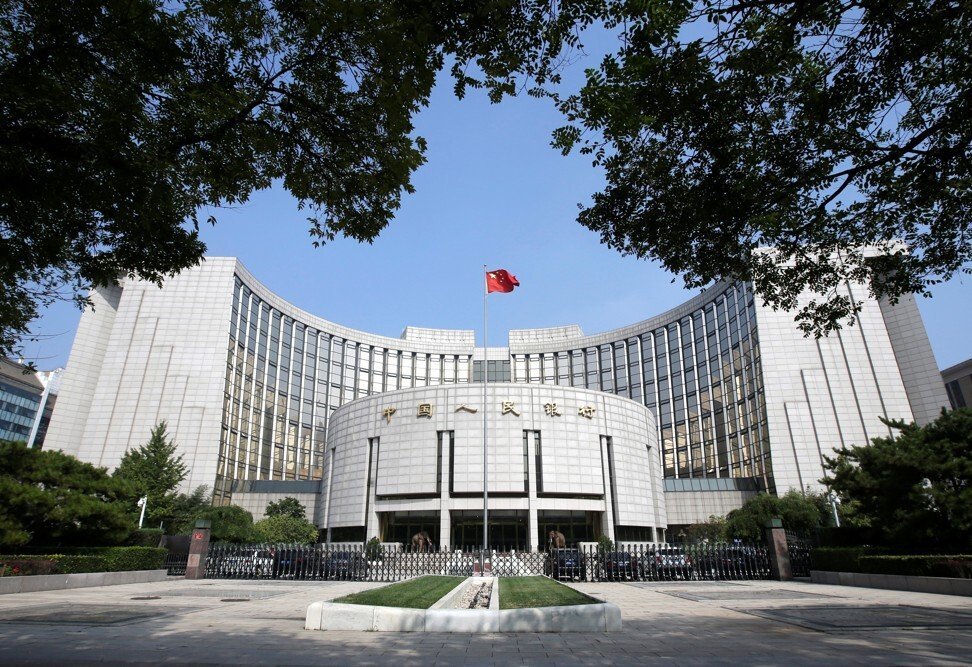The shareholding composition of the second license, following the first license in 2018 to Baihang Credit, underscores the financial regulators’ increased scrutiny of consumer credit and online loans, especially those granted to small and medium-sized enterprises.
China’s central bank has granted the country’s second license for collecting personal credit ratings to a venture between a state-owned enterprise and two internet firms, in a move that hints at how the government wants a say in how technology interacts with finance and societal risk in the world’s second-largest economy.
Pudao Credit, a 1 billion yuan (US$152.8 million) venture that is 35 per cent owned by Beijing Financial Holdings Group of the municipal government of the Chinese capital city, will be allowed to develop a system to provide personal credit ratings for the banking and financial services industry, according to a statement by the People’s Bank of China. JD Digits, the fintech unit of the e-commerce platform JD.com,will own 25 per cent of Pudao, while smartphone maker Xiaomi will own 17.5 per cent according to an earlier statement.
Personal credit rating firms collect data from financial institutions, and share the data with and provide risk assessment reports to entities that sign up for the service. On top of the financial data, such agencies can also access other data like travel and phone records that are deemed as alternative financial information.
Beijing-based Pudao would augment the first license granted in 2018 to Baihang Credit, a Shenzhen-based consortium comprising the nation’s fintech association with eight credit rating agencies and technology companies including those controlled by Alibaba Group Holding’s affiliate Ant Group and Tencent Holdings. The shareholding composition of the second license underscores the financial regulators’ increased scrutiny of consumer credit
and online loans, especially those granted to small and medium-sized enterprises.

The PBOC revised a rule governing online lending last month, requiring stricter capital adequacy and setting a cap on the amount of such loans that be extended to individual borrowers. Just days after, the world’s largest fintech company Ant Group had to suspend its record-breaking US$37 billion initial
public offering in Shanghai and Hong Kong to comply with the change of the regulatory framework.
China’s consumer credit market will almost double to 24 trillion yuan by 2025, according to Oliver Wyman. Ant Group has the largest share of the market with 16 per cent, followed by Tencent-backed WeBank with less than 5 per cent, according to the data.
Baihang credit has financial data on 85 million people, obtained from more than 1,700 financial institutions, and has a customer base of almost 1,000 companies, according to its latest report.
Personal credit ratings will also be a boon for Chinese banks whose dud loans have been spiking after advancing a record amount of new loans this year to battle the coronavirus pandemic. The overall bad loan ratio rose to the highest since 2009 by the end of the third quarter, as the worldwide coronavirus pandemic weighed on tourism-related businesses and personal consumption.















